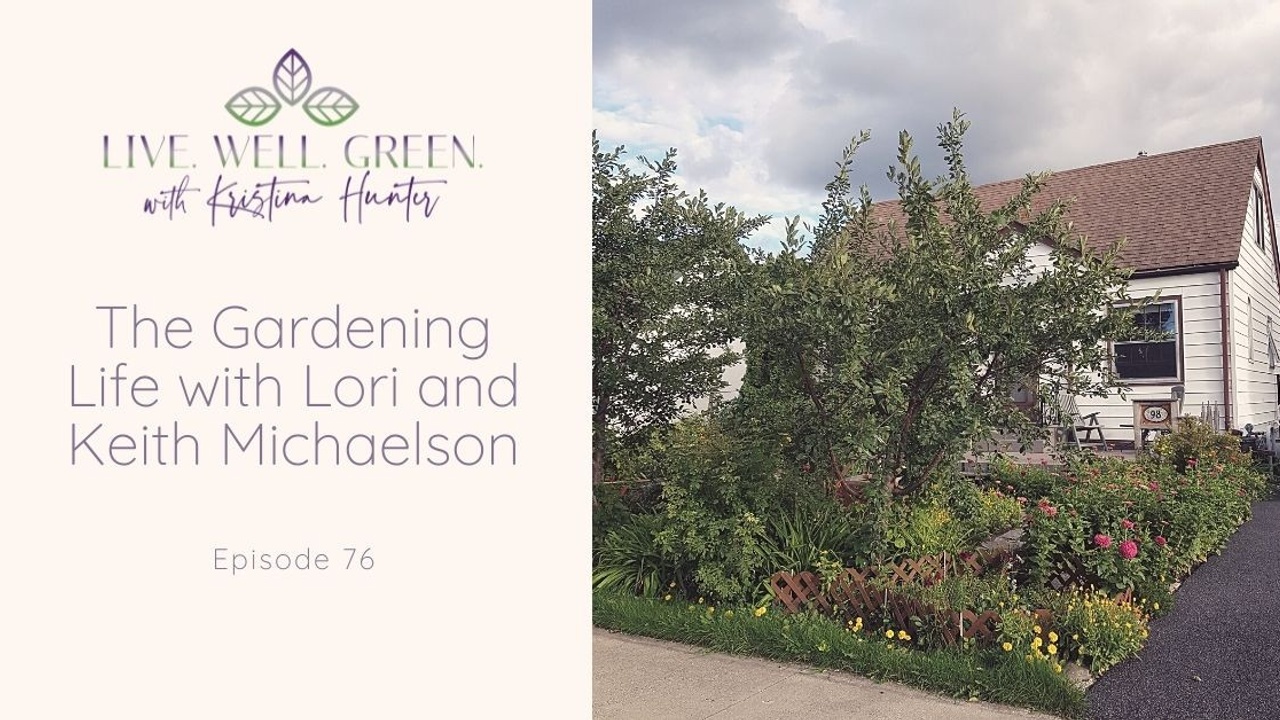Sustainable wellbeing and green living
Let's find ways to Flourish!
Cleaning your home shouldn't dirty our waterways
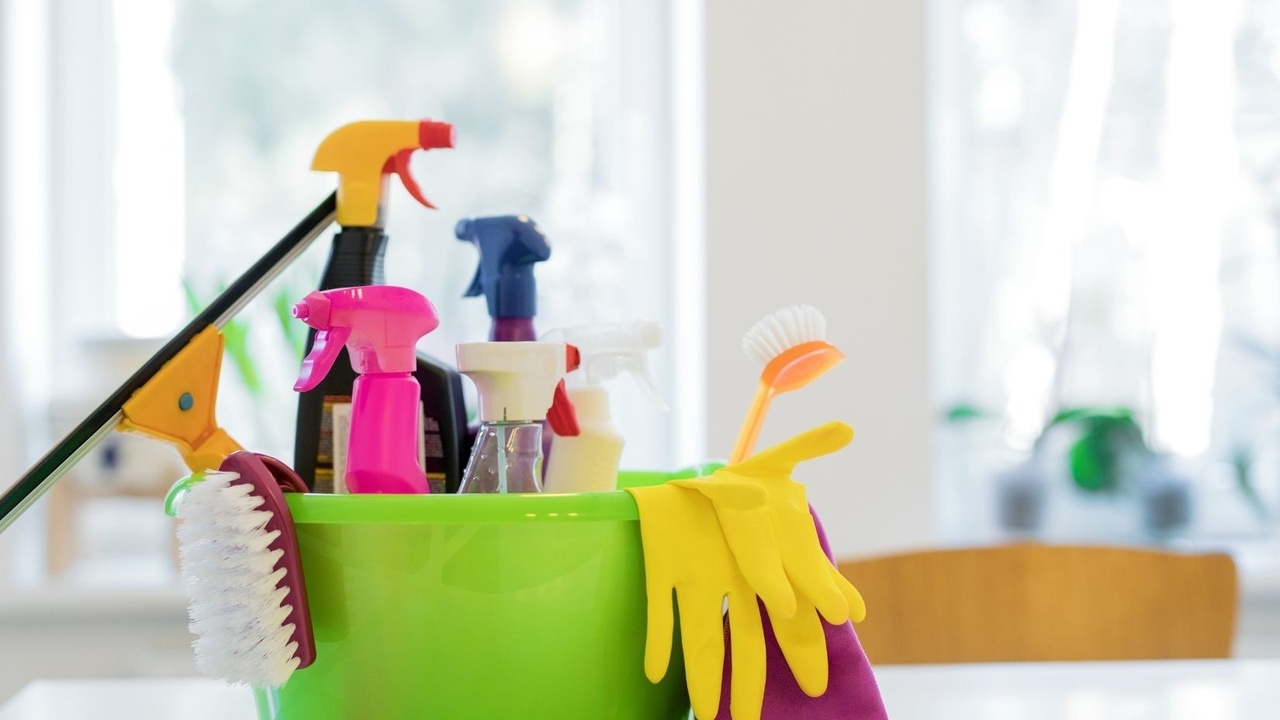
Do you care about protecting and preserving your lakes? If so, this blog post is for you! Did you know that there are many different products that can negatively impact the health of lakes near you? Actually, it's not only the products themselves that can be an issue, but also their packaging as well.
While it’s true that lakes can sometimes be out of sight, out of mind. When you’re not visiting your cabin, camping, ice fishing, or partaking in any other fun lakeside activities, the health of your favourite lake might not be on your mind. But that doesn’t mean that your actions don’t have negative consequences.
The products we use, especially cleaning products such as soaps, detergents, and shampoos, have the ability to enter our sewage systems when they are rinsed down the drain and become wastewater. Now, sewage plants are supposed to treat wastewater and make it safe for reuse when possible. However, it is sometimes possible that wastewater can flow directly into our lakes and wat...
10 Last minute Eco-friendly Gifts

We have all been there. Christmas can be a busy time of year and I am always happy to have some last-minute gifts that I can give without having to go out to a store! So, here are some of my go-to last-minute gift ideas that are also great for the planet.
No need to get yourself overly stressed trying to find gifts and then feeling bad that you are doing something that goes against your values when you just get something for the sake of having a gift. Here are some easy solutions that have so many benefits. They are great for the planet because they are low-impact, they support small businesses, and they show others that we can do gifts sustainably.
1. Give an Eco-friendly Hobby
Ok, I have to admit, I once had visions of selling my hand-crafted delights, everything from paper mache bowls to baked goods. So many people find delight in being creative. Making everyday items like a crochet dishcloth or a hand-knit scarf can be incredibly rewarding as well as eco-friendly.
When we m...
Green Burials
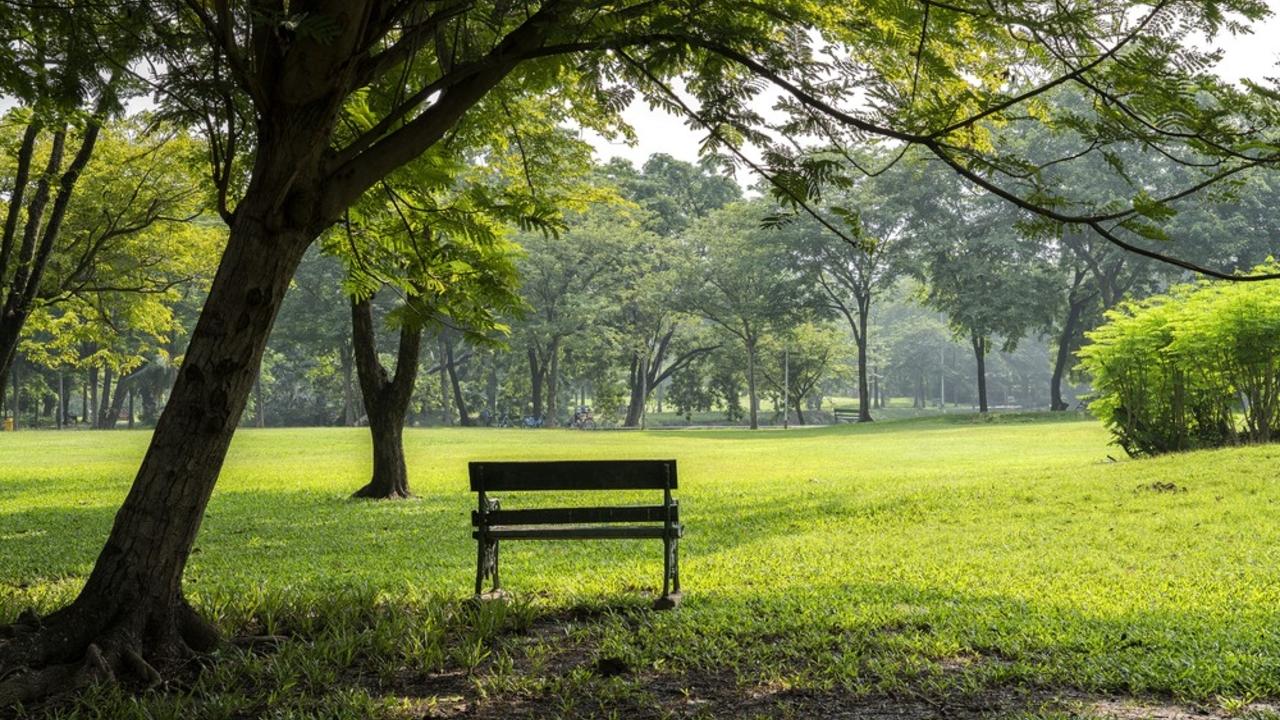
Ok, I know, most of us don’t really want to think about death and the logistics of what happens when someone dies, however, the reality is that there are numerous environmental issues with the way we handle funerals and burial. And, there are plenty of ways that we can do better! It turns out there is a growing green burial movement to help us out.
Death is a fact of life that is dealt with in many different ways across different cultures and religions. In Western society, funerals often include flowers, expensive caskets, often embalming of the deceased, cremations, cemetery plots, and more. These funeral elements are chosen in order to pay respect to the deceased, but it is also important to consider whether these elements reflect the wishes and values of the deceased.
Not only do caskets, flowers, and other embellishments cost thousands of dollars, but they also have quite a significant negative impact on the environment. Traditional funerals aren’t green, but that doesn’t mean th...
What you need to know about consumer goods

We all have a vague understanding that consumer culture is linked to environmental degradation and climate change, but how do we get around this, especially when we live in the real world, with birthdays, and Christmas, social pressures to shop and often a lack of easy to access eco-friendly alternatives.
I like to do a little time traveling before purchasing anything.
Well, there are a few basics to consider, I like to do a little time traveling before purchasing anything. Instead of just thinking about price and value, think about where that good came from AND where it will end up when you are finished with it. That can put the "sale" item into a much more realistic light of its true cost.
But, what exactly are the issues associated with consumer goods?
Over-Consumption of Material Goods and Throw-Away Culture
Consumer goods are products that are found on store shelves and bought for consumption by the average consumer. Consumer goods can be anything from food, clothing, f...
Dealing with the Denial of E-Waste
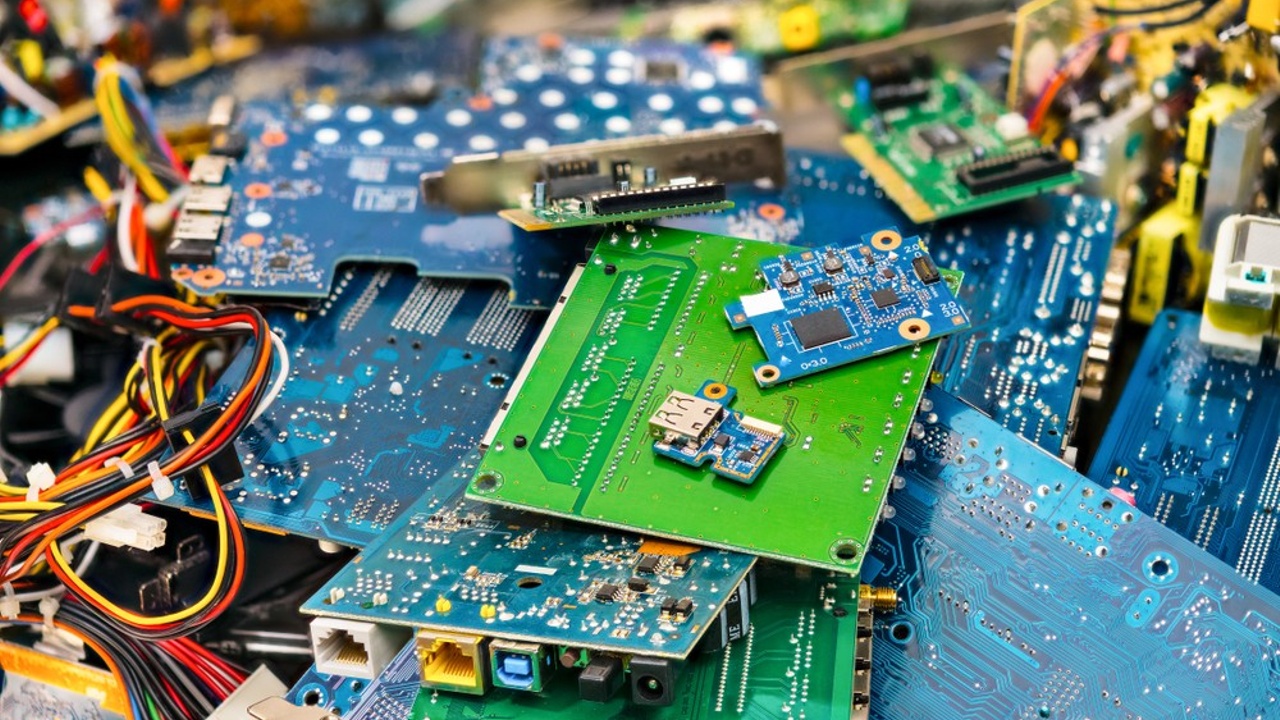
Are you in denial about the environmental impacts of your tech devices? Sure they are fun, and often necessary, even a lifeline during the COVID lockdowns, so perhaps it is not all that surprising that we don’t like to pay attention to the environmental and social issues of the e-waste associated with our tech habits.
It has become downright impossible to live a modern life without producing electronic waste. Electronic devices play an important role in our everyday lives. Let’s face it…who can go a whole day (hahaha, a few hours) without checking their phone or email, or snapping a photo?
It’s not uncommon for every member of a household to have their own cellphone, laptop, camera, etc. On top of that, shared electronic devices such as televisions, DVD players, gaming consoles, printers, and more, are often found within one household.
With all these electronic devices around, it is inevitable that we will contribute to the production of e-waste. After all, every action and certain...
Ten Ways to Give Eco-friendly Gifts

As holidays, celebrations, and birthdays approach, many of us start to think about what gifts to give our friends and family. Picking out a gift for a loved one is a great way to show them how much they mean to you. That being said, I’m sure you’re well aware that gift-giving can also lead to the purchasing of unnecessary items, create waste, and overall have a negative impact on the environment.
Luckily, there are many ways to give gifts in an environmentally responsible manner! Although you may initially think that green gift giving significantly narrows down your options, there are plenty of ways to give green, and live out your values. Gift giving is also a beautiful way to connect others to new and unique Eco-friendly items and suppliers that they may not have known about. Besides that, it feels AMAZING when the gifts that we receive also help others in need, or help to save an endangered species, or plant trees, or support small Eco-friendly businesses! Wins all around!
If you’...
What does a sustainable economy look like?
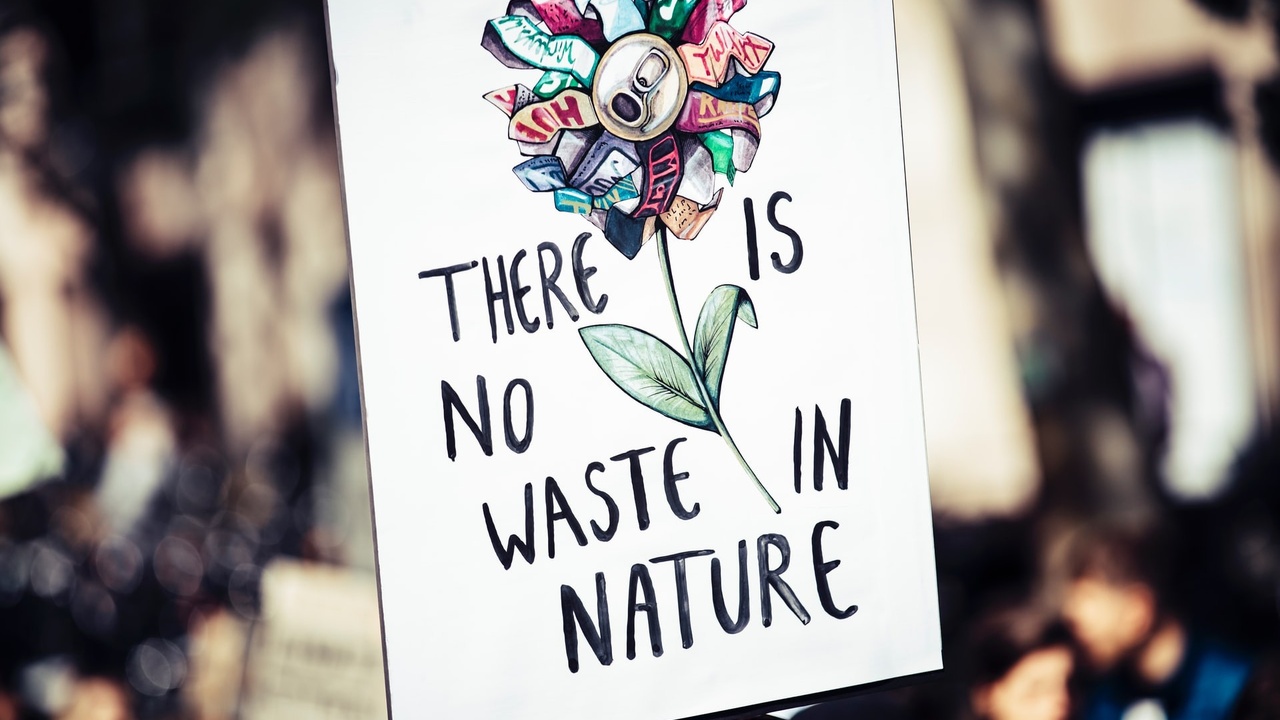
Sustainability is often defined as the ability to meet the needs of the present without compromising the ability to meet the needs of future generations. Typically, sustainability is made up of three pillars: social, environmental, and economic. In other words, sustainability takes into account people, the planet, and profit.
The environmental pillar tends to get a lot of attention when it comes to discussions surrounding sustainability. While this topic is undoubtedly important, it is useful to look at the economic side of things as well! Let’s take a closer look at the economic pillar of sustainability.
Issues with the current linear economy
We are currently operating in a linear economy. That means that consumption follows a linear process referred to as the ‘take-make-waste’ approach.
Take – When there is a high demand for consumer products, supplies such as non-renewable and natural resources get depleted at an alarming rate in order to keep up with demand. And we know that ex...
Rethinking E-waste
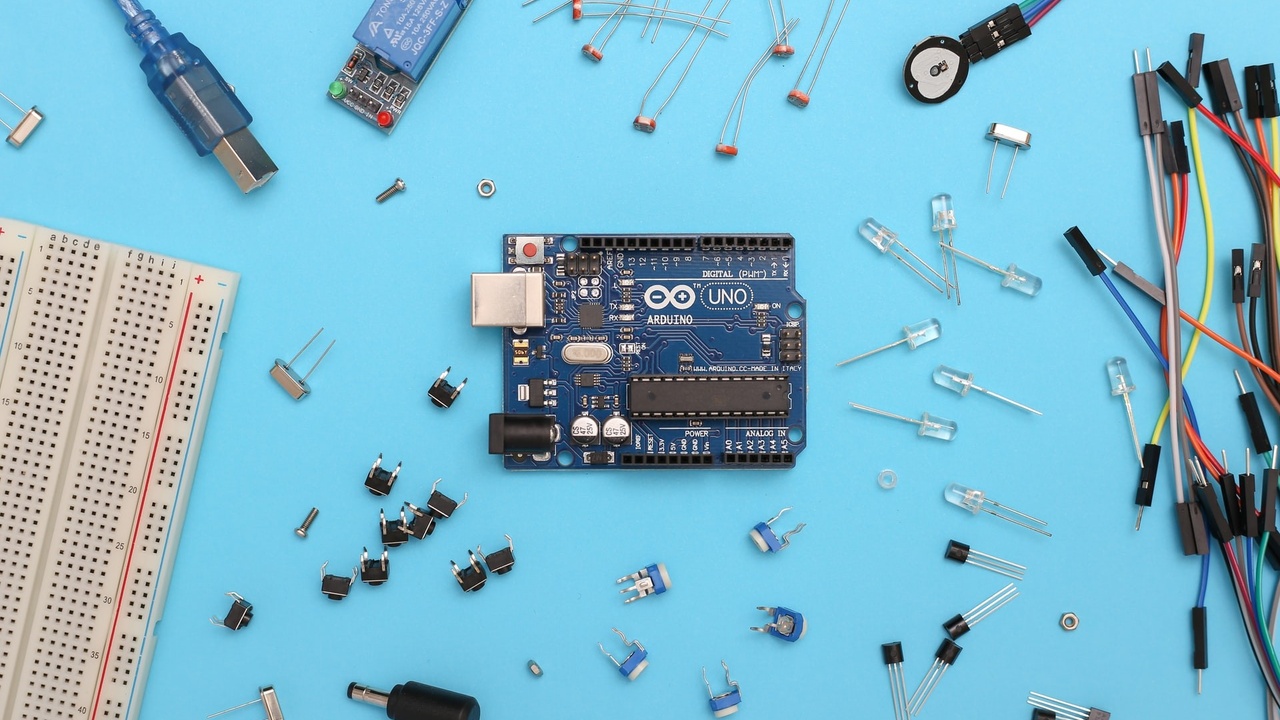
Sure, we want to do what is right when it comes to recycling and disposal of our electronics, but for many people, electronics recycling can be a bit of a grey area. It’s hard to know exactly what to do with your e-waste or outdated electronics. That's why so many people find they have a drawer or box full of old electronics that they haven't quite figured out what to do with.
So, here is my quick guide to help you find the best way to manage your e-waste responsibly.
E-waste 101
First, let's just cover off what we mean when we are talking about e-waste. E-waste, or Electronic waste, is electronic equipment that is no longer wanted or no longer works. When electronic devices have reached the end of their useful life, for us, they become electronic waste. But, that doesn't mean they are no longer useful!
Keep these devices out of the landfill!
Sending your electronic waste to the landfill can cause serious environmental harm. Most electronic devices contain toxic heavy metals such...
Green Investing and Banking 101
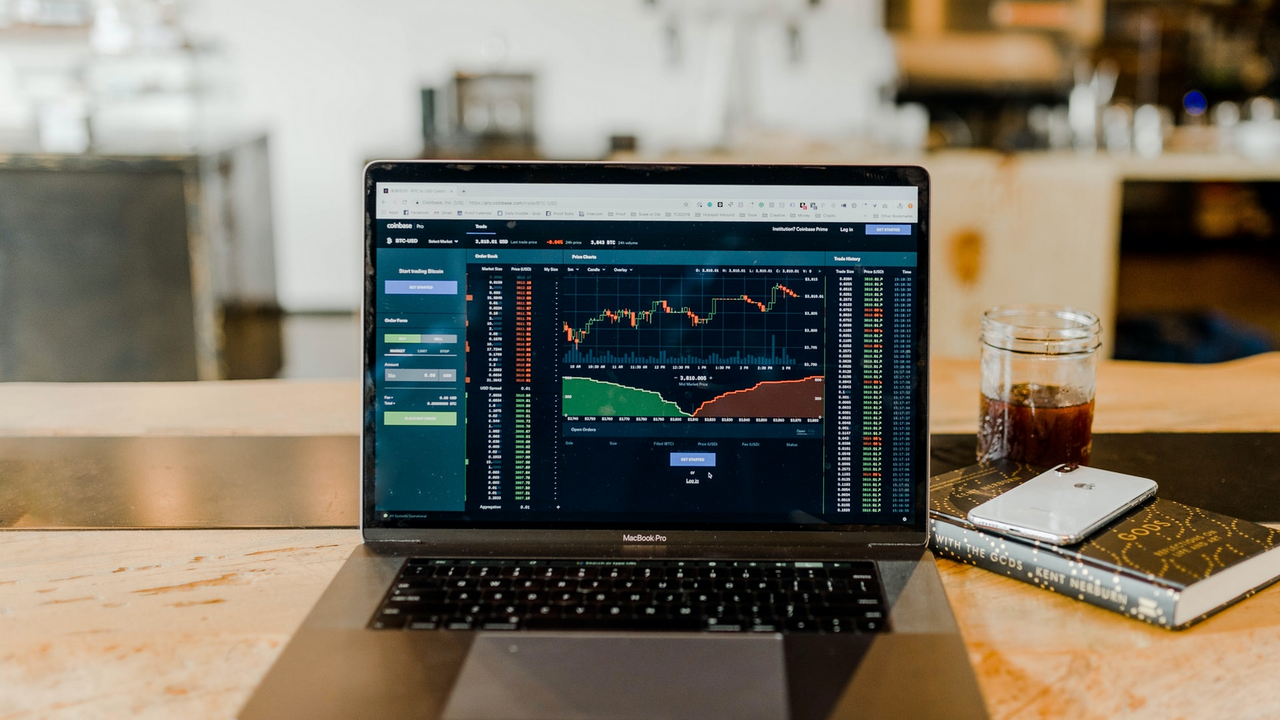
Something we tend to forget about when it comes to green living is our money. The money sitting in our bank accounts or investments may not seem to be a direct cause of greenhouse gas emissions, but the financial institutions we are associated with, as well as our financial investments really can have a large impact on the environment as well as social issues. For better or worse!
While there is no shortage of ways to actively lead an environmentally friendly life - opting for active transportation wherever possible, shopping local, being a part of the sharing economy, composting, zero-waste grocery stores - the list goes on and on. But what about the impact of your money - are your investments contributing to the very issues that have you worried for the future?

Getting Started with Green Investing
So, where do we get started? There are two basic considerations when delving into the issue of green investing. First, we can avoid polluting sectors and industries and second, we can ...
The Gardening Life with Lori and Keith Michaelson
